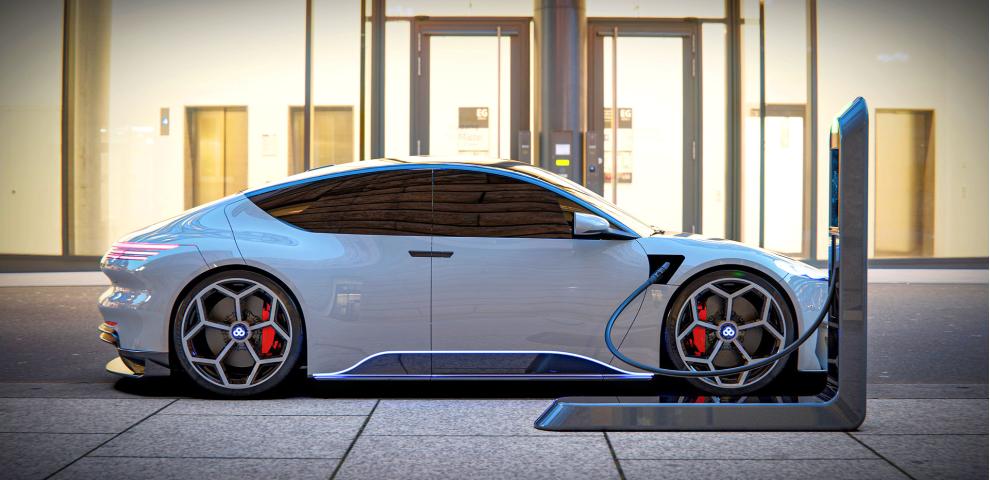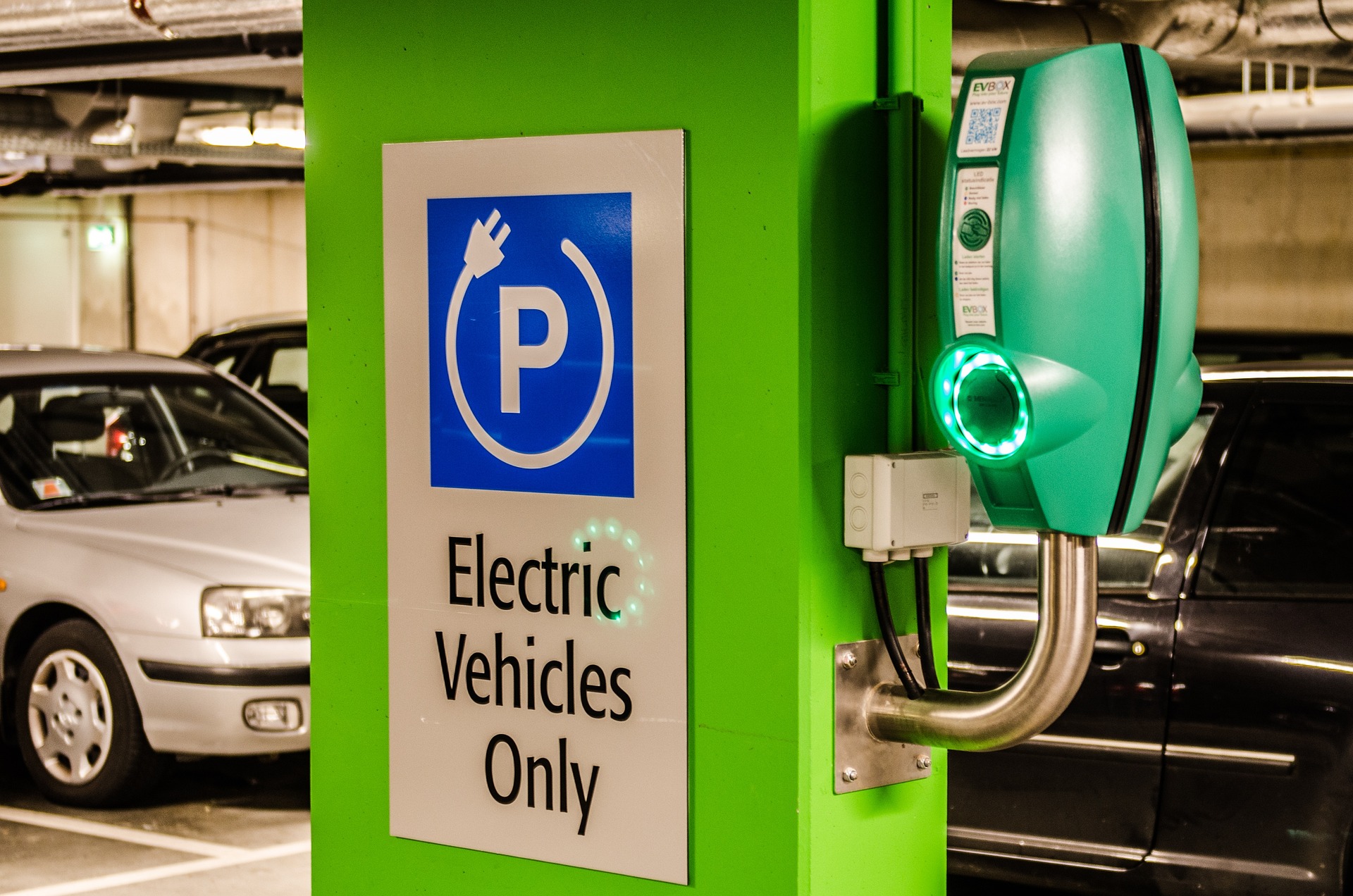
Funding Programs to Decarbonize Canada’s Medium- and Heavy-Duty Vehicle Transportation: What This Means for Electric Vehicles
February 06, 2023
It’s official: through two new funding streams, the Green Freight Program and the Zero-Emission Vehicle Awareness Initiative, Natural Resource Canada is looking to decarbonize medium- and heavy-duty vehicle transportation in 2023 and beyond.
But what does this mean for electric vehicles in Canada — and, more specifically, Upcycle’s fleet of zero-emissions vehicles?
Let’s dive right in:
Firstly, What Are These Canadian Electric Vehicle Incentives?
When it comes to bolstering the electric vehicle industry in Canada, both the Green Freight Program and the Zero-Emission Vehicle Awareness Initiative are taking charge.
Both programs strongly encourage Canadian commercial fleets to accelerate their adoption of electric vehicles and related technologies. How? By taking a two-pronged approach:
● The Green Freight Program: Under this program, accepted projects will help Canadian fleets mitigate their fuel consumption and greenhouse gas emissions through thoughtful medium- and heavy-duty vehicle (MHDV) retrofits. Under what’s been dubbed “Stream 1” of the Green Freight Program, fleets may receive up to $250,000 for third-party energy assessments and fuel-saving retrofits (including, but not limited to, side skirts, boat tails, cab heaters and coolers, and tire pressure monitoring systems.) “Stream 2” provides 50 per cent cost-share contributions to a maximum of $5 million per application for accepted projects.
● The Zero-Emission Vehicle Awareness Initiative: Through this program, truck drivers, fleet operators, and manufacturers alike will learn valuable info about zero- or low-emission MDHVs–all in an effort to raise awareness and knowledge of the electric vehicle industry across Canada.
Transport Minister Omar Alghabra puts it best in an official press statement on the topic: “By investing in fleet-wide solutions, the Government of Canada is supporting truckers in reducing emissions while maintaining our vital supply chains and getting Canadians the products they need on time.”
A Future Where Electric Vehicles Take Over — and Why
Industry experts and climate change activists alike agree that, when it comes to an electric vehicle takeover in Canada, the future is now.
Why? Well, because the numbers don’t lie. According to NRCan, over 10% of all greenhouse gas emissions in Canada stem from freight transportation — but, with Canadian EV charging networks posting double-digit growth since 2020 (and steadily climbing year after year), the country is in a prime position to capitalise on this electric vehicle interest to meet their decarbonization goals.
These goals include:
● 100% light-duty zero-emission vehicle sales by 2035 (mandatory targets of at least 20 percent of all new light-duty vehicle sales by 2026 and at least 60% by 2030);
● 35% of total new medium- and heavy-duty vehicle sales being zero-emission vehicles by 2030;
● Medium- and heavy-duty zero-emission vehicle regulation to mandate 100% of new medium- and heavy-duty vehicle (MHDV) sales to be zero-emission vehicles by 2040 “for a subset of vehicle types based on feasibility;” and
● Interim 2030 regulated MHDV sales requirements that would vary for different vehicle categories based on feasibility.
With other countries around the globe–like Australia, whose government has recently partnered with commercial electric vehicle supplier SEA Electric and Mevco to convert 8,5000 Toyoto off-road vehicles to electric drives–also embracing the rapid adoption of widespread decarbonization, the Green Freight Program and the Zero-Emission Vehicle Awareness Initiative are promising steps towards a greener future not just for Canada, but the world at large.

Electric Vehicle Frequently Asked Questions
With electric vehicle adoption on the rise, so are frequently asked questions about the industry.
Here at Upcycle, here are the ones we commonly field:
● “Can electric vehicle batteries be recycled?”: Yes. Over 95% of EV battery materials are recyclable.
● “How does an electric vehicle work?”: Electric vehicles are charged by plugging into a charge point and taking electricity from the grid. They then store this electricity in rechargeable batteries that power an electric motor, which turns the wheels — and also makes them faster and lighter than fuel vehicles. (Meaning that, in the debate of electric vehicles vs. fuel vehicles, we know where we stand!)
● “Which electric vehicle has the longest range?”: Because of the rapidly-expanding nature of the industry, there are many electric vehicles that currently hold the title of the EV with the longest range.
● “Will electric vehicle prices go down?”: Yes — and if you are a fleet operator who is looking to convert to EVs, you can enjoy even more shocking savings by adopting the Upcycle Rev500 EV Pickup Truck and saving up to $4,500 per vehicle!
A greener future is here, and we here at Upcycle couldn’t be more excited. Pre-order your EV today to be a part of the revolution.




